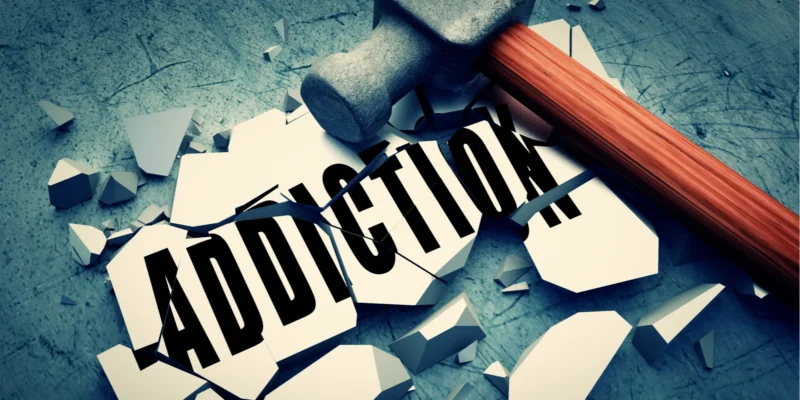If you or someone you care about is struggling with addiction, it’s essential to know if there could be any underlying conditions and where they stem from.
In most cases, addicts suffer a co-occurring mental health disorder in a condition known as dual diagnosis. Dual diagnosis is the simultaneous presence of mental health disorder and a substance use disorder and should be treated in a specialized setting to achieve lasting sobriety.
It’s important to note that dual diagnosis is different from having a mental health disorder and a separate addiction; instead, the two conditions are intertwined and feed off of each other in a way that can make recovery difficult without specialized treatment.
A dual diagnosis treatment center offers specialized care designed to address both the addiction and the underlying mental health disorder. It can be done in an inpatient or outpatient program, depending on the severity of the disorders and the needs of the individual.
What Are The Warning Signs?

A few key warning signs may indicate that someone you know is struggling with a dual diagnosis. These include:
A History of Mental Health Disorders
If someone you know has a history of mental health disorders, they may be more likely to develop a substance use disorder. It’s because people with mental health disorders often turn to substances to self-medicate and ease their symptoms.
Also, if addiction runs in your family, you may be more likely to struggle with it yourself. Addiction is often passed down from generation to generation, so it’s essential to be aware of your family history.
Rapid Onset of Addiction

When someone you know suddenly develops an addiction, it may be a sign of an underlying mental health disorder present. Due to this, people with mental health disorders are often more likely to develop an addiction if they start using substances.
Struggles in Recovery
Someone struggling in their recovery may be dealing with a dual diagnosis. Treating only the addiction is often not enough to achieve lasting sobriety. If someone you know is having trouble staying sober, it’s essential to get them help as soon as possible.
Repeated Relapses

To relapse is to fall back into addiction after a period of sobriety. Relapsing is common in addiction, but if someone you are repeatedly relapsing, it may be a sign of dual diagnosis. People with mental health disorders often have a more challenging time staying sober without treatment for both disorders.
Changes in Appearance or Behavior
When someone struggles with addiction, it’s often reflected in their appearance or behavior. You could be having changes in how you dress, act, or take care of yourself; it may be a sign that you are using substances. In the case of dual diagnosis, these changes may be more pronounced or severe.
The Bottom Line
If you or someone you care about is struggling with addiction, it’s essential to be aware of the warning signs of dual diagnosis. Dual diagnosis is a severe condition that requires specialized treatment to achieve lasting sobriety. Don’t hesitate to reach out for help since getting the treatment you need is essential for a successful recovery.


